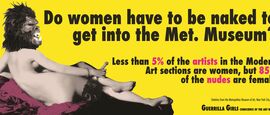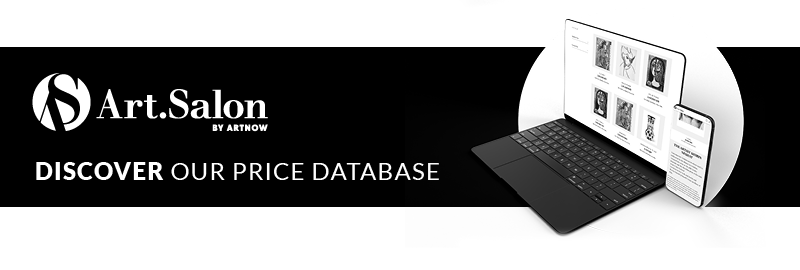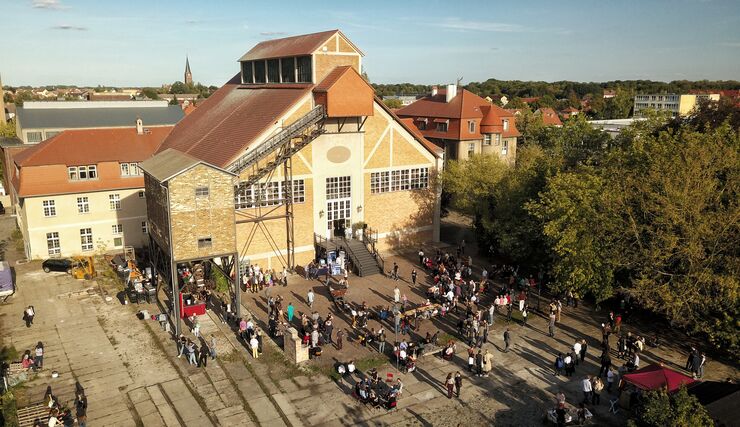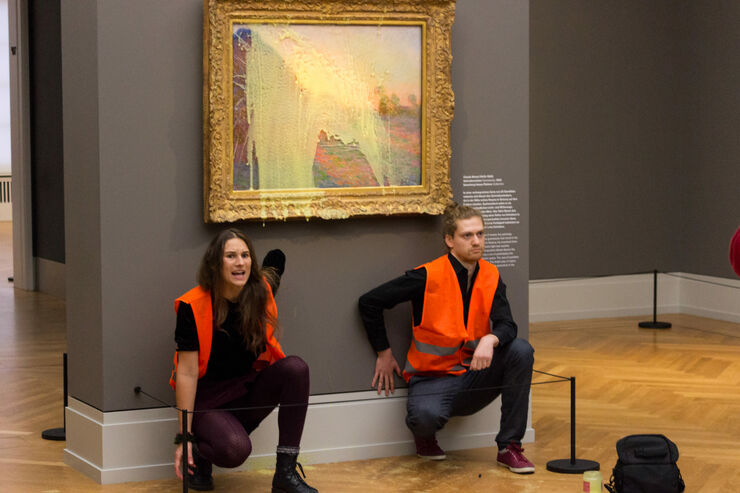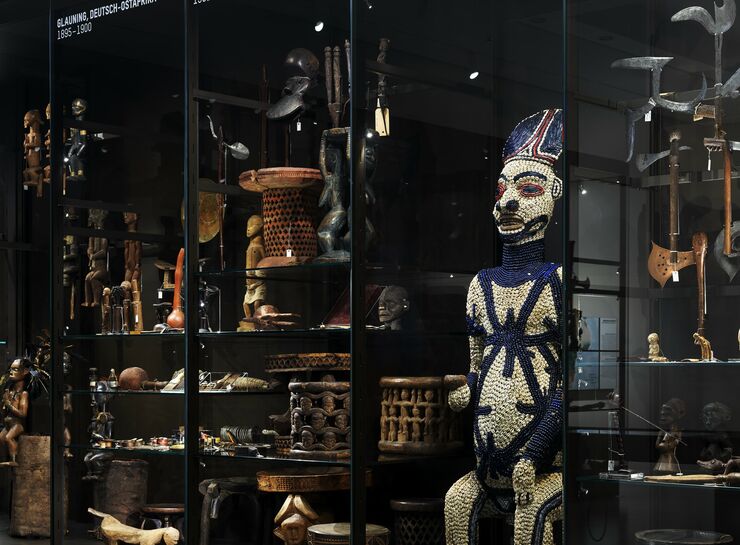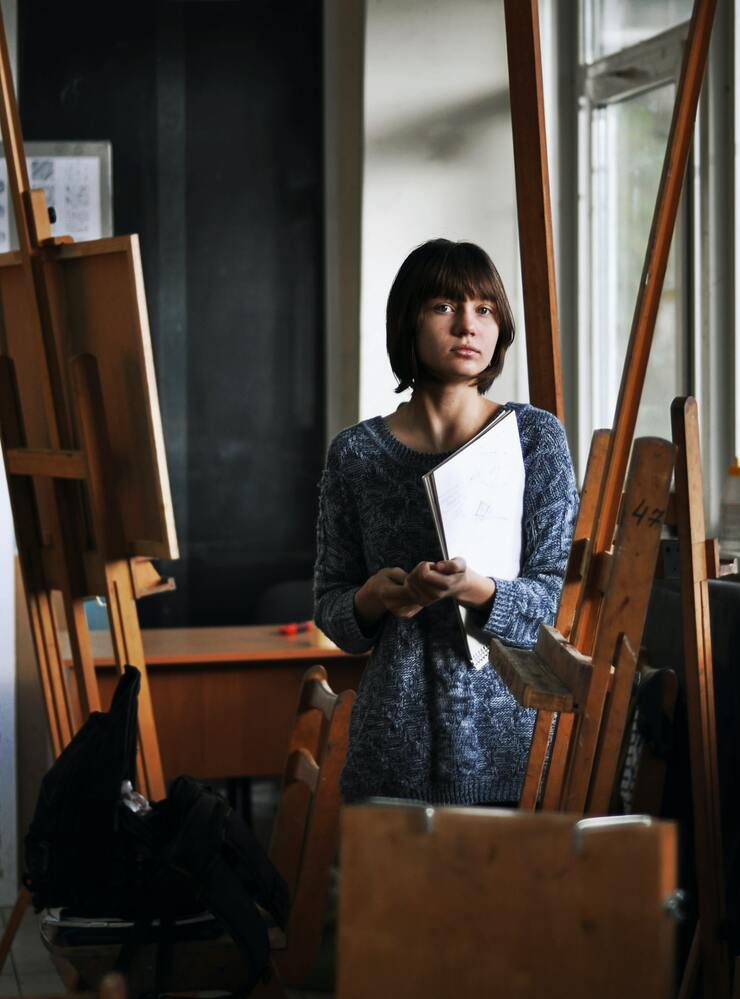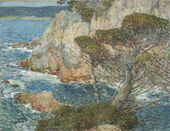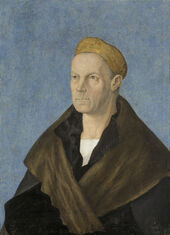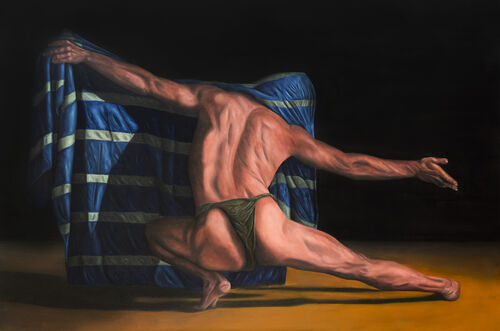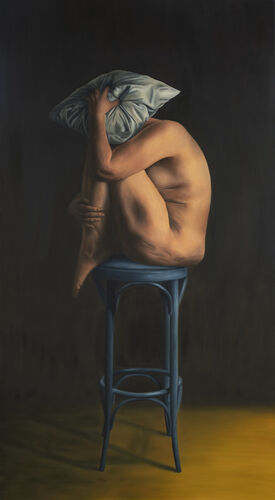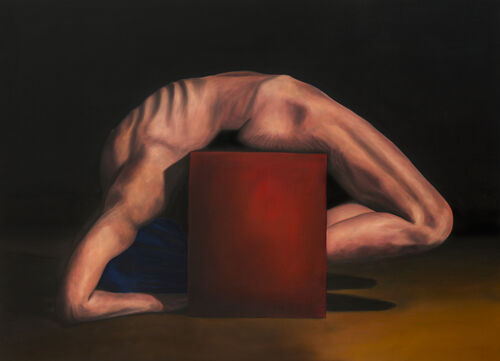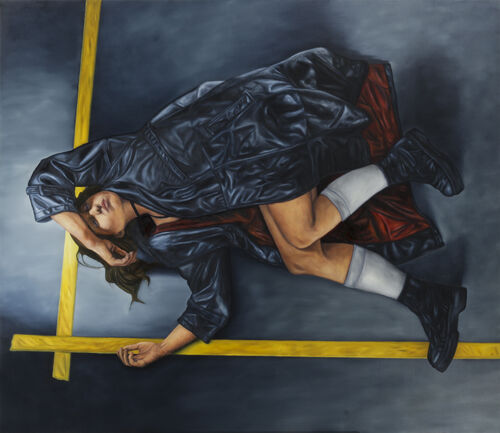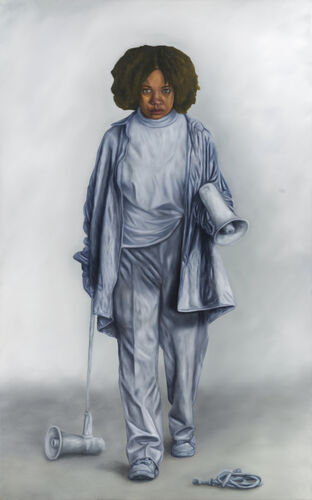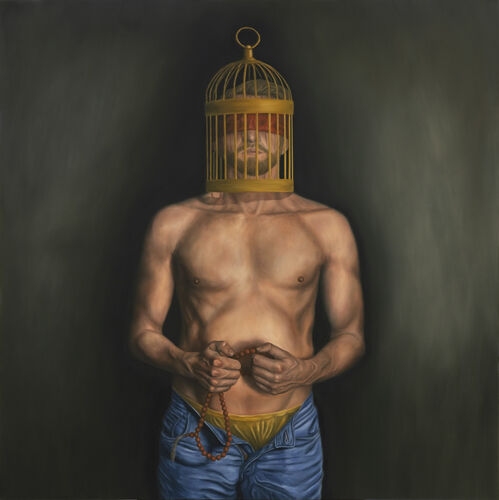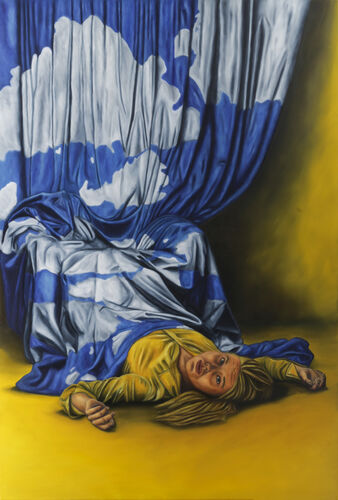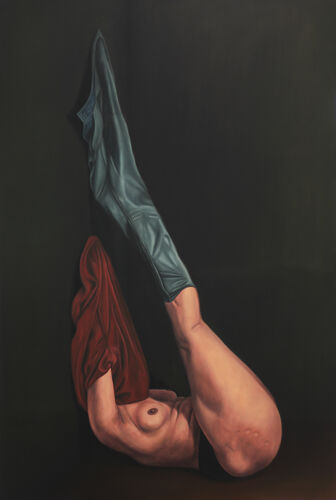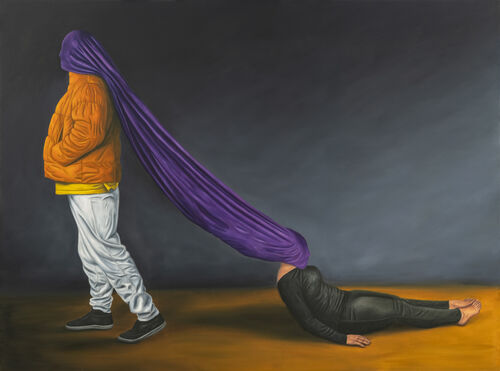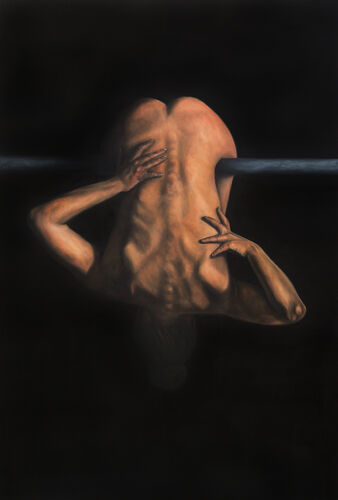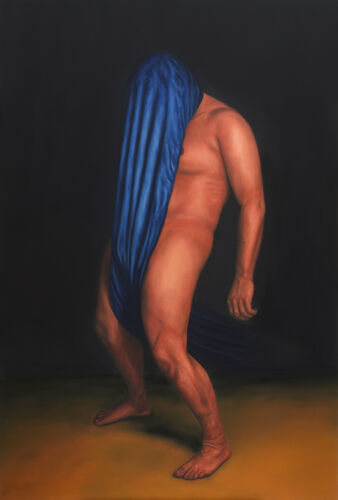For more than two decades, the Berlin art scene has longed for an art hall. Then in January came the surprise: with a major retrospective of the sculptor Bernar Venet, the Kunsthalle opened in Tempelhof's Hangar Two and Three - and yet the news reads like a scandal.
Behind the Kunsthalle, whose name suggests a state and publicly legitimised institution, is a project by Walter Smerling, the head of the Bonn Foundation for Art and Culture e.V. The Kunsthalle is thus in private hands: »Not only does the quality suffer, but the usual conditions, such as public job advertisements, become invalid,« criticises Zoë Claire Miller, a spokesperson for the Professional Association of Visual Artists Berlin (BBK Berlin). The deal for the Kunsthalle provides the use of space for exhibitions through sponsorship and Smerling's equity, who in return does not have to pay rent. According to Tempelhof Projekte GmbH, the freedom from rent for state-owned spaces has not been an exception since the pandemic. Rather the fact that the City of Berlin additionally takes over half of the operating costs incurred, which can amount to 1.2 million euros over two years in the dilapidated building, is causing heated discussion. Critics therefore accuse Smerling of misusing public funds – especially in view of the fact that state art institutions are generally underfunded.
From Smerling's point of view, it is »a win-win situation for the cultural landscape and the city coffers of Berlin« as he and his sponsor Christoph Gröner are the main financiers of the project. However, artists see this as confirmation that the city is not responding to their interests. New places for art are welcome, they say, but not from private financiers who only have commercial success in mind. Now it is apparent that the political and business wiredrawers with whom Smerling networks continue to make decisions about Berlin's cultural landscape. In this way, the privatisation of spaces continues to increase. Smerling, whose Küppersmühle Museum in Duisburg is filled exclusively with works from one private collection, has complete creative freedom. From a curatorial point of view, this is sobering. In 2012, he only chose works from the collection of an entrepreneur friend for a state-funded exhibition. Critical voices accuse him of using art as a plaything for his nepotism. According to Miller, Smerling is also known for primarily promoting the art of old white men – which contrasts with Berlin's diverse art scene.




